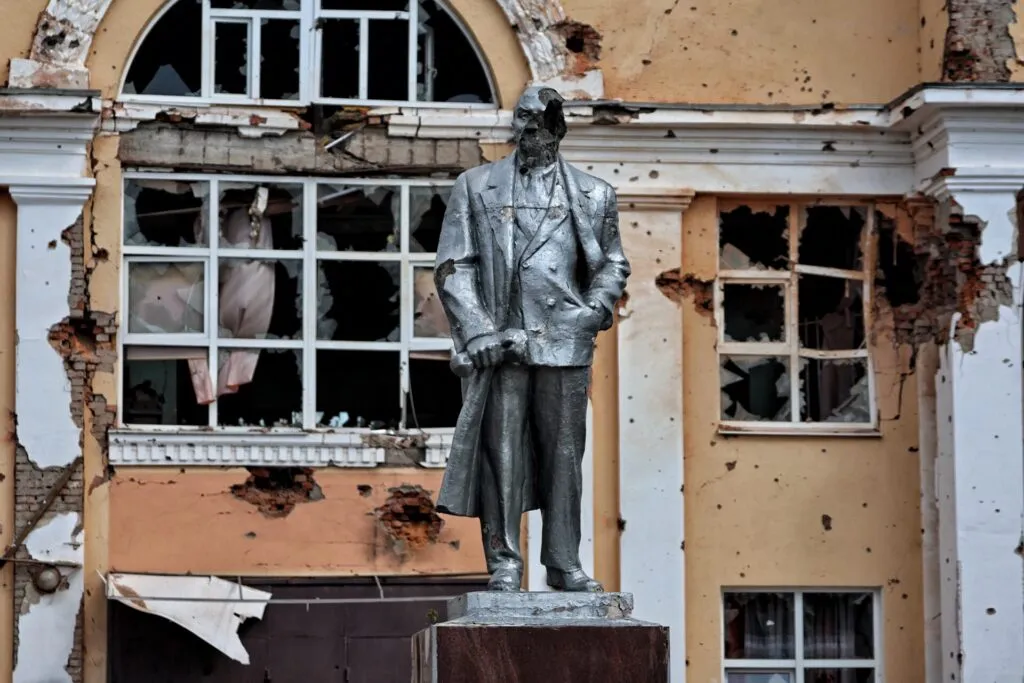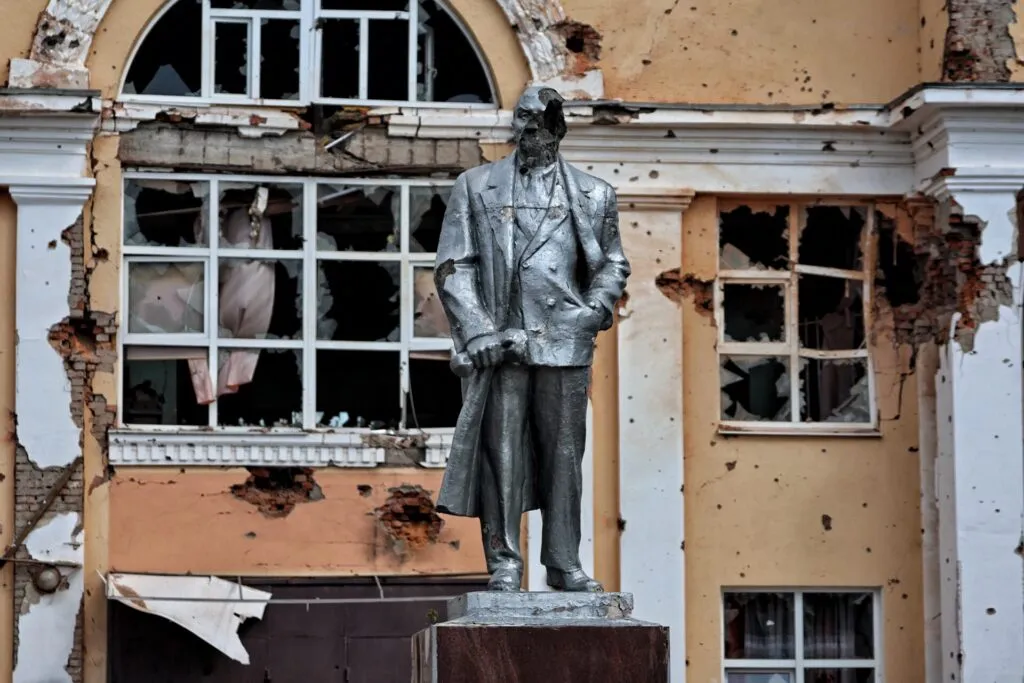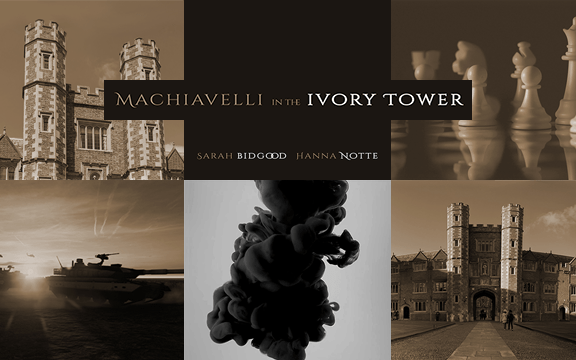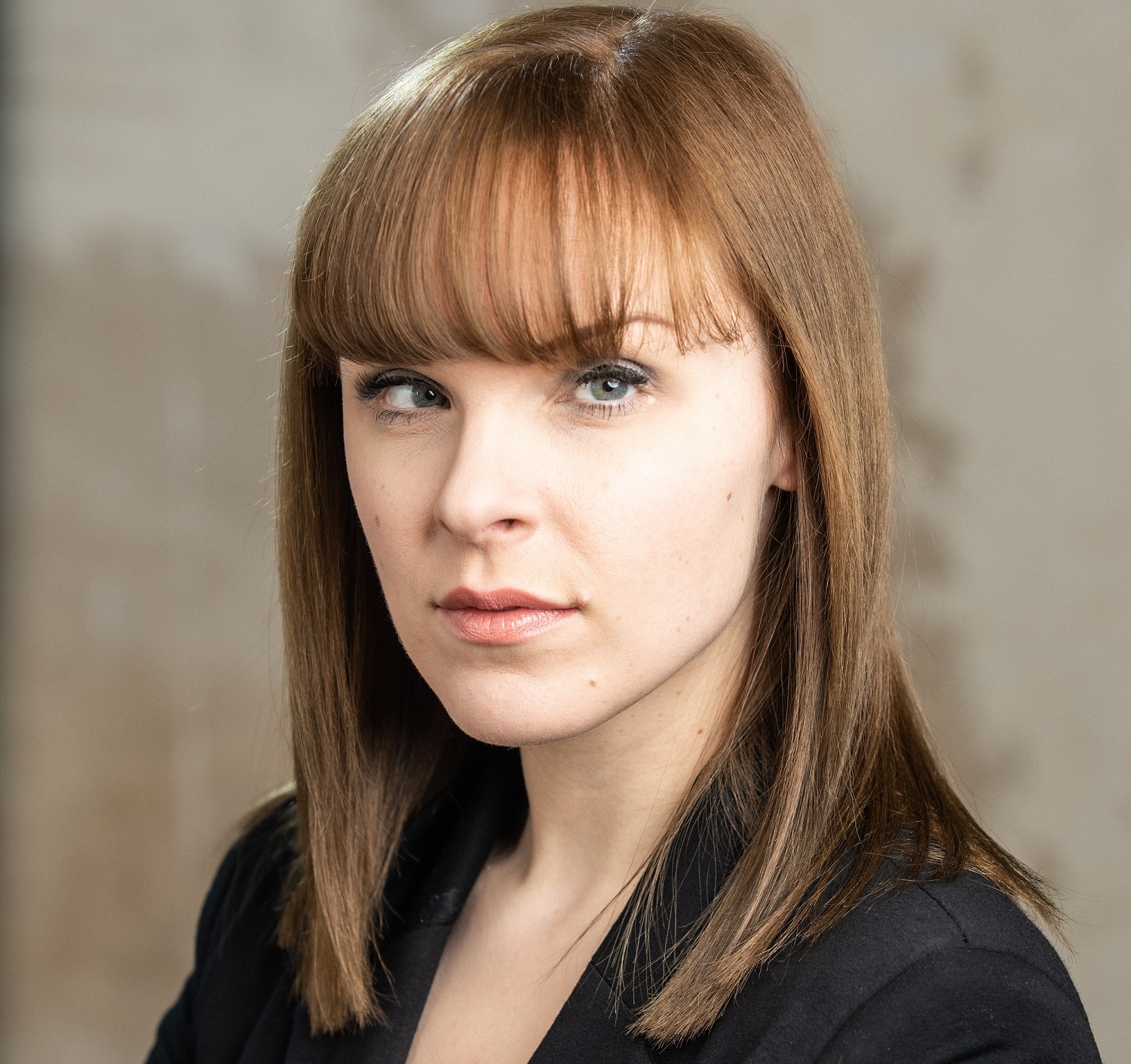

The successful Ukrainian offensive in the Russian Kursk region started in early August has once again triggered speculation about possible Russian nuclear weapons use against Ukraine. In this context, Senior Fellow Dr. Nikolai Sokov published an article in the Bulletin on Atomic Scientists exploring risks of escalation.
He emphasised that the world has not returned to the 1950s, when nuclear use was widely considered an acceptable military tool. Instead, the “nuclear taboo” remains very strong, making nuclear weapons a truly last resort weapon. Accordingly, Russia may resort to it only in a situation where the political regime, along with sovereignty and territorial integrity, will be at risk. Even then, the Kremlin will likely prefer to combine conventional escalation with a credible threat of nuclear use.
Further, he contends that nuclear weapons use against Ukraine can be almost ruled out, since all nuclear signalling so far has been directed at the West. Finally, he argues that widespread belief that NATO has crossed multiple Russian red lines is questionable. Rather, Russia evaluates the effectiveness of each new stage in NATO assistance to Ukraine and so far has concluded that these did not fundamentally change the course of war. The same dynamic will likely apply to Western missiles used for strikes deep into Russia – the determination whether a red line was crossed will be made once their effect is clear.

